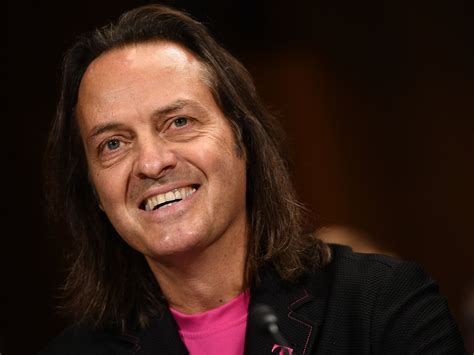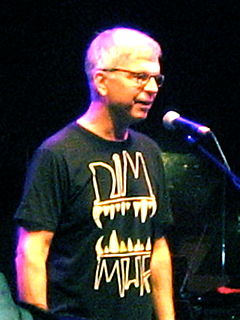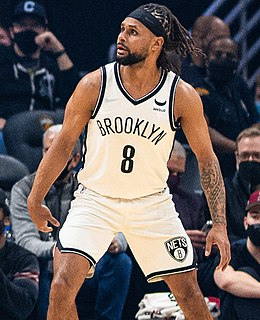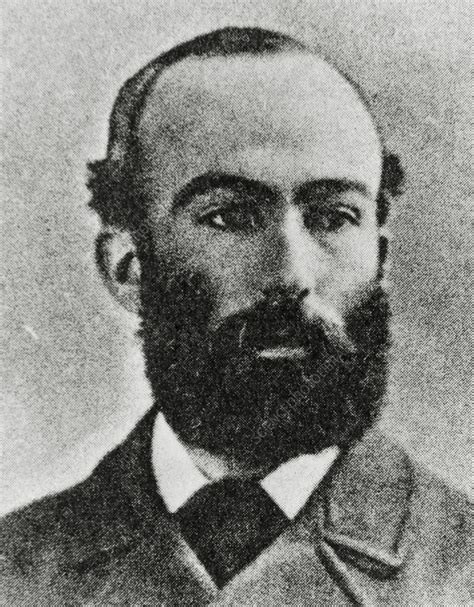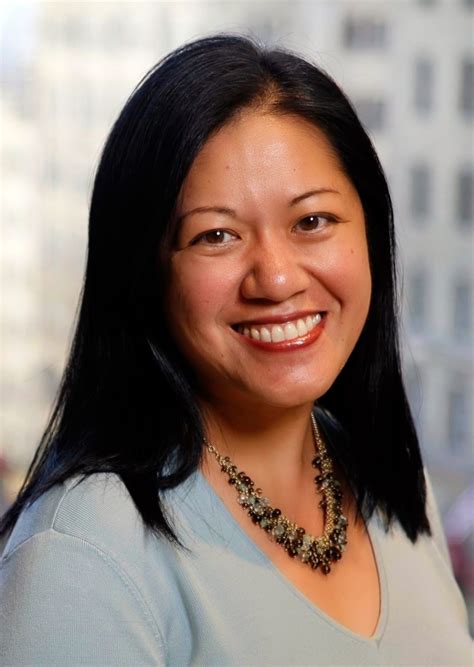A Quote by John J. Legere
I visit T-Mobile call centers. We've got about 18 major call centers in the US, and before I was CEO, I heard that no CEO had gone to physically visit them. I go in, they meet me outside, we take selfies as I stand like a piece of furniture, I tell them about how things are going - but most importantly, I say thank you and help them see that their behavior and their work has driven the culture of the company that's changed the industry and the whole world. It's a bit of a love affair.
Quote Topics
About
Affair
Before
Behavior
Bit
Call
Call Center
Centers
CEO
Changed
Company
Culture
Driven
Furniture
Go
Going
Gone
Got
Had
Heard
Help
How
Importantly
Industry
Like
Love
Love Affair
Major
Me
Meet
Mobile
Most
Outside
Physically
Piece
Say
See
Stand
Take
Tell
Thank
Thank You
Them
Things
Us
Visit
Whole
Whole World
Work
World
Related Quotes
I think to some degree one of the strengths of the high tech industry is that people are actually willing to tell you things. When I went to Novell, I didn't know how to be a CEO, so I went in and I called all sorts of CEOs I knew. I called in a favor. I wanted to come by and listen to them tell me what it's like to be a CEO.
Every time I meet the CEO of a record label I tell them how they did it in the seventies because they want to know. I tell them, "Sign a hundred people! Throw it against the wall and see which ones stick!" And they frown and say, "Oh, we can't do that!" and they start mumbling about demographics and this and that.
And if I may, call your mom, everybody. I've told this [to], like, a billion people, or so. Call your mom, call your dad. If you're lucky enough to have a parent or two alive on this planet, call 'em. Don't text. Don't email. Call them on the phone. Tell 'em you love 'em, and thank them, and listen to them for as long as they want to talk to you. Thank you. Thank you, Mom and Dad.
If you have 15 minutes per visit, and you spend the first 9 minutes just collecting information from them, before you do anything else, you know half of your visit is gone already. So if you have an automated system that has most of that and, and in some cases I actually have patients complete questionnaires before they come in, so I'd gotten most of the information I need to ask about, already recorded, instead of having 9 minutes I can take 3 minutes to review all this information.
I try to return my calls but I get inundated with emails and I can't answer them all. So often, I have to refer to them my webpage and the frequently asked questions or refer them to the books. But if they take the time to call me, I try to call back. You know, I am really busy, but just happened to have an hour in the hotel room and had some time before I have to meet some people about 20 minutes.
The company [Microsoft] really has to chart a direction in mobile devices. Because if you're going to be mobile-first, cloud-first you really do need to have a sense of what you're doing in mobile devices. I had put the company on a path. The board as I was leaving took the company on a path by buying Nokia, they kind of went ahead with that after I told them I was going to go. The company, between me and the board, had taken that sort of view. Satya, he's certainly changed that. He needs to have a clear path forward. But I'm sure he'll get there.
Even though I knew I was inside the space shuttle getting ready to go fly, something about it wasn't completely real up until we got the call at about one minute to go, to close and lock our visors and start our oxygen flow. People often ask me, "What did it feel like right at the moment of launch?" And they're surprised when I tell them actually what I felt was relief. It wasn't like being anxious or scared or anything. It was relief because this is something I had wanted to do my whole life and now that the boosters had lit, we were on our way to go do it and nothing was going to stop us.
I find what I call the [bleep] side of the industry very difficult. You won't see me at other peoples' premiers. I mean, I go to my own premiers because I have to help my film, but I don't enjoy that whole side of it. I don't enjoy celebrityhood. I love getting a seat in a restaurant. I love it when people say hi when I don't know them. I mean, that's fine, but apart from that, I like the elements of celebrityhood which make living in the world like living in your own village.
